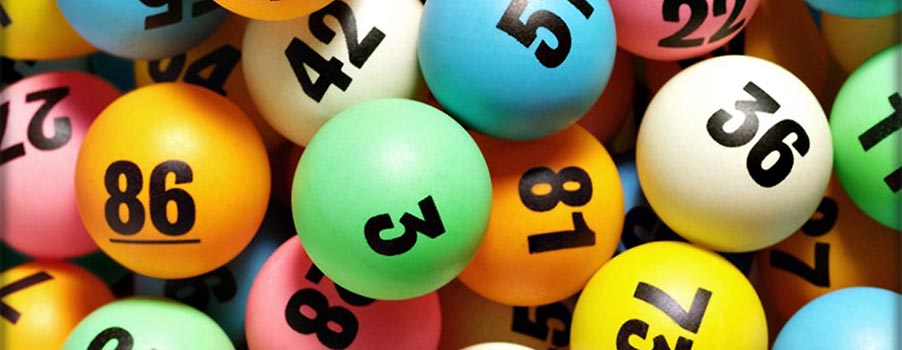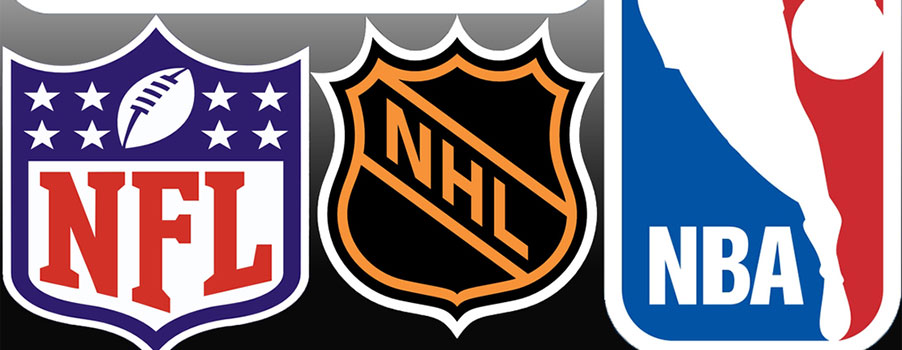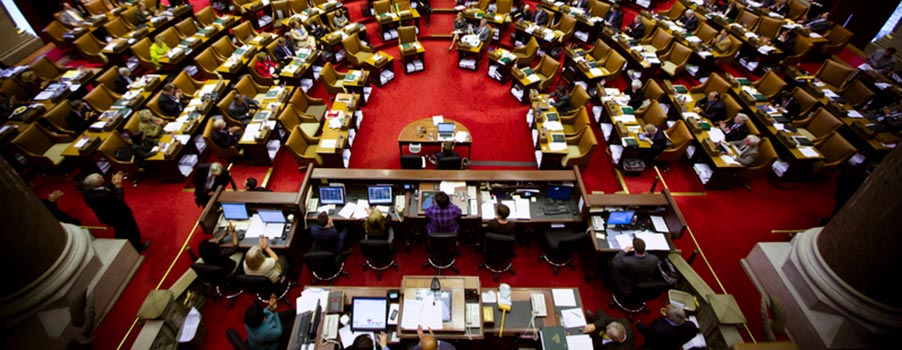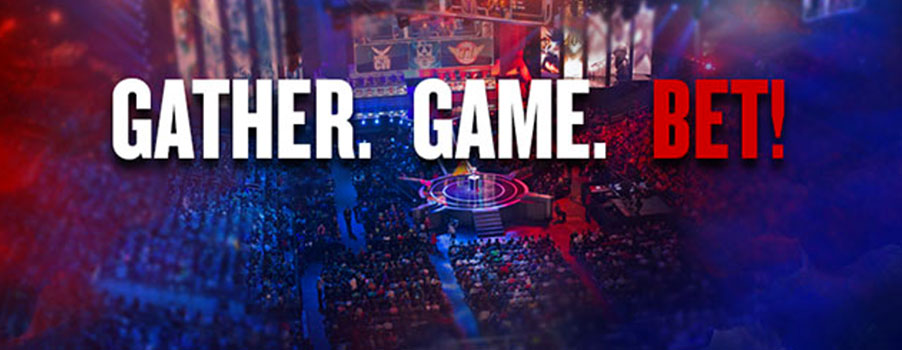In a move aimed at capitalizing on the United States online sports betting market, Paddy Power Betfair Plc has agreed to merge with closely held New York-based daily fantasy sports site FanDuel. The Dublin-based Paddy Powe Betfair made the announcement that the acquisition had been completed and that the two parties were only waiting for final regulatory approval which – this deal is expected to close by the third quarter of this year.
While both companies were already in talks for a possible merger, the United States Supreme Court ruling that struck down the federal ban on sports betting seems to have escalated the process. As such we might see Paddy Power Betfair participating in U.S. sports betting very soon.
“We are excited to add FanDuel to the Group’s portfolio of leading sports brands,” said Peter Jackson, Paddy Power Betfair chief executive officer. “This combination creates the industry’s largest online business in the US, with a large sports-focused customer base and an extensive nationwide footprint.
The Group has leading sports betting operating capabilities globally and strong operations on the ground in the US. Together with our substantial financial firepower, we believe we are now well placed to target the prospective US sports betting opportunity.”
Paddy Power will own 61 percent of the Paddy Power-FanDuel merger business since it will contribute its U.S. assets and $158 million for the combined business. The agreement further gives the Dublin-based company the option of increasing its ownership to 80 percent after three years and 100 percent after five years.
FanDuel has over 7 million registered users in the United States. This, in addition, the over 40 percent share of the U.S. daily fantasy sports market makes it a great partner for Paddy Power which has been on an expansion course in the United States for the past few years. For instance, Paddy Power merged with Betfair three years ago and acquired Draft last year.
Given the growing demand for sports betting offerings in the United States following the Supreme Court ruling that struck down PASPA, more of this type of mergers and acquisitions are on their way – that is, mergers between parties that already handle legal sports gambling in the U.S. and other parties with big digital footprints in the United Sports market.
While the ruling did not automatically legalize sports betting in all the states, a number of states are moving towards a future where sports betting is legal. This is enough to give the interested parties enough incentives to start preparing.










